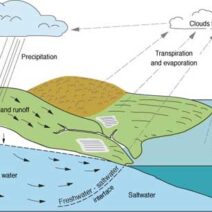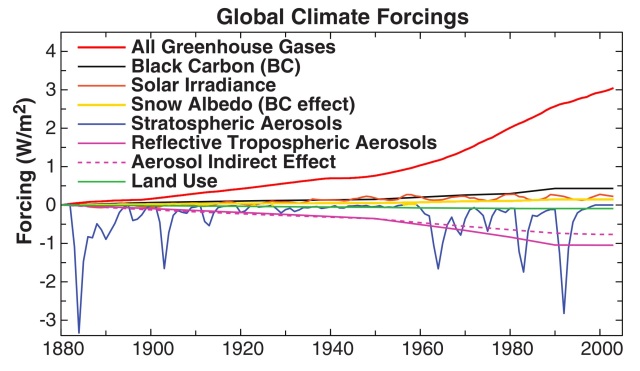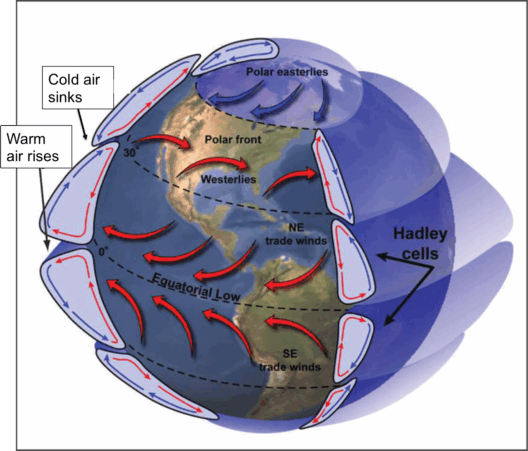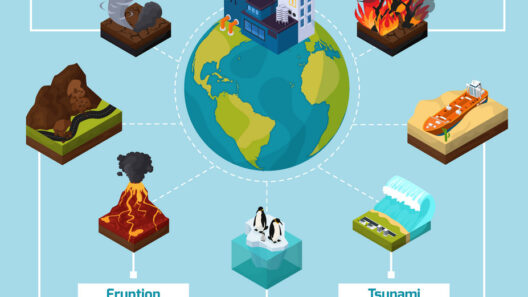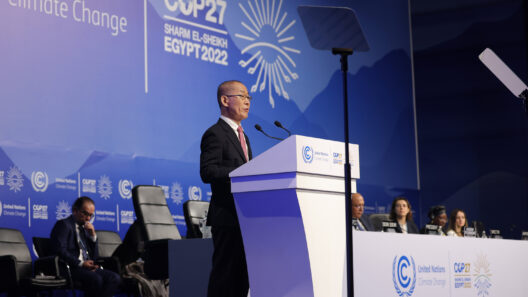The topic of global warming has emerged as one of the preeminent challenges confronting humanity in the 21st century. It has engendered fervent debate, passionate activism, and significant scientific inquiry. A pertinent question that often arises amidst these discussions is whether the majority of scientists unequivocally support the concept of global warming. This inquiry transcends mere curiosity; it compels us to examine the nexus between science, public perception, and policy-making.
At the heart of the discourse is the foundational understanding of climate change. Global warming, primarily driven by anthropogenic (human-induced) emissions of greenhouse gases, signifies an alarming shift in Earth’s climatic equilibrium. The pervasive consensus among climate scientists is encapsulated in a robust scientific framework that exhibits unwavering commitment to empirical data.
A substantial array of studies has documented the prevailing sentiment within the scientific community regarding climate change. For instance, a sweeping analysis of numerous studies indicates that approximately 97% of climate scientists concur that human activities are the primary catalyst of global temperature increases. This overwhelming majority is not merely a function of consensus; it underscores the empirical evidence yielded through rigorous research methodologies. By synthesizing observational data, experimentations, and predictive climate models, scientists have elucidated a clear narrative that points towards the inevitability of climate change.
Moreover, the consensus on global warming is not a transient phenomenon; it is deeply rooted in decades of scholarly investigation. The Intergovernmental Panel on Climate Change (IPCC), an authoritative body composed of thousands of scientists from around the globe, assembles periodic assessments that meticulously evaluate the latest climate-related research. Their reports invariably reinforce the understanding that global warming poses an existential threat, one that necessitates immediate and concerted action.
Nonetheless, despite the overwhelming scientific agreement, skepticism persists among segments of the public and political spheres. This skepticism is often fueled by misinformation and a deliberate obfuscation of scientific facts. It is crucial to dissect the origins of such skepticism; it is not a byproduct of scientific inquiry but often a misconception fostered by disinformation campaigns. The breadth and depth of climate science can indeed be daunting; the complexities inherent in climate models and predictions may lead some to question their validity.
It is essential to recognize that science operates on the principle of continuous inquiry. Scientists embrace uncertainty as an integral component of research. This acceptance, however, is frequently misconstrued as a lack of confidence in the findings related to climate change. The very nature of scientific inquiry invites scrutiny, fostering an environment where hypotheses are rigorously tested and revised. Thus, it is not uncommon for the public to perceive scientific discourse as inherently tentative, even when the overwhelming body of evidence advocates a definitive stance.
As we dissect the narrative surrounding global warming, it becomes paramount to engage with the socio-political ramifications of the scientific consensus. A confluence of public advocacy, policymaking, and economic imperatives emerges, emphasizing the need for an informed populace that understands the scientific underpinnings of climate change. Policymakers often skirt the issue, propelled by short-term economic considerations rather than the overarching imperative of sustainable stewardship of the planet. Awareness can engender a groundswell of public support for initiatives aimed at mitigating climate change, thereby transforming skepticism into proactive advocacy.
Furthermore, the ramifications of global warming are extensive and intertwined with various aspects of human endeavor. The effects of rising temperatures manifest in numerous ways, including increased weather volatility, rising sea levels, and detrimental impacts on biodiversity. These consequences invariably illustrate not only an environmental crisis but a looming humanitarian challenge. Communities around the world are already grappling with the consequences of climate change—displacement due to flooding, food insecurity due to failing agricultural systems, and heightened health risks linked to extreme weather events, to name a few.
The role of education becomes pivotal in shaping public understanding of climate change. Educational institutions have a responsibility to convey the significance of scientific consensus on global warming. By integrating climate science in curricula, we can cultivate an informed generation that appreciates the intricacies of ecological balance and recognizes the ethical imperatives underlying climate action. Nurturing critical thinking skills enables individuals to sift through misrepresentation and grasp the gravity of the climate crisis.
Social media platforms also play a dual role in disseminating information. On one hand, they serve as vehicles for misinformation; on the other, they can amplify the voices of credible scientists and activists. The engagement of scientists in public discourse via social media can demystify scientific findings, making them accessible to a broader audience. Moreover, such platforms can facilitate real-time discussions about climate change, bridging gaps between scientific discourse and public understanding.
In conclusion, the preponderance of evidence robustly corroborates the assertion that a vast majority of scientists acknowledge global warming as a real and significant challenge exacerbated by human activities. However, translating this scientific consensus into meaningful action requires more than empirical data; it calls for a paradigm shift in public understanding and engagement. By fostering an informed populace, cultivating dialogue, and prioritizing climate education, we can collectively address the myriad challenges posed by global warming. The stakes are undeniably high, but with informed action and unwavering commitment, we have the potential to create a sustainable future for generations to come.
